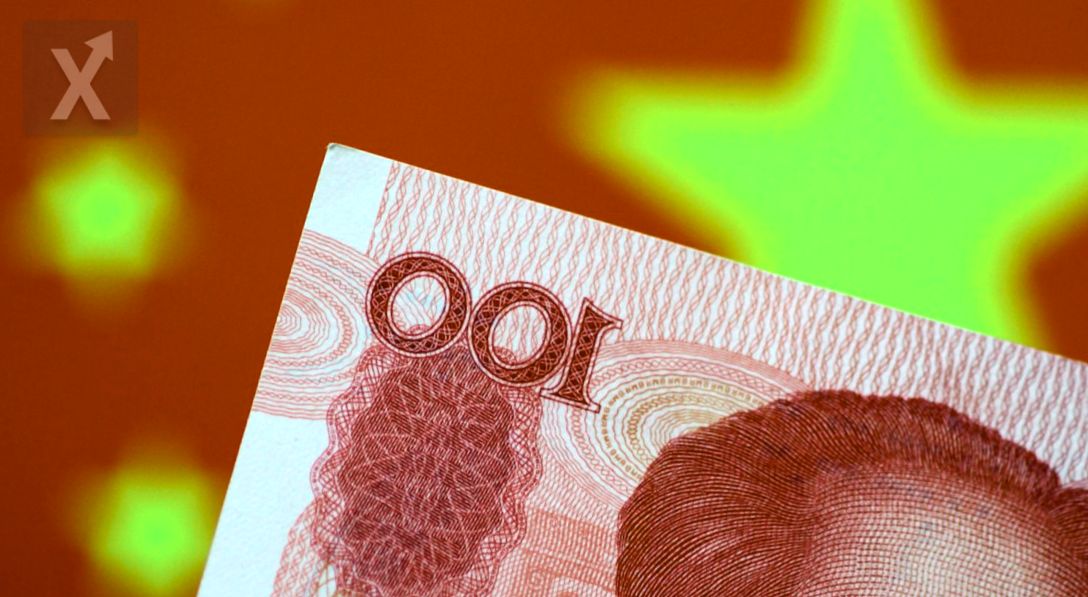China Plans to Increase Its Debt and Adjust Interest Rates in 2025

This Thursday, China announced that it intends to increase its budget deficit, issue more debt, and ease monetary policy in order to maintain stable economic growth while preparing to face heightened trade tensions with the United States. This information was revealed through a report from state media following the country's annual meeting of top officials, known as the Central Economic Work Conference (CEWC), which was held on December 11 and 12.
The conference took place in a challenging context for the world's second-largest economy, which is struggling with a severe crisis in the real estate sector, a high level of debt among local governments, and low domestic demand. Its exports, one of the few positive elements, are at risk of facing higher U.S. tariffs amid a potential return of Donald Trump to the presidency. "The negative impact of changes in the external environment has intensified," state media commented following the closed-door CEWC meeting. The promises emerging from the CEWC reflect a more moderate tone from the Communist Party leaders, a shift not seen in over a decade, which was announced after a meeting of the Politburo, the party's decision-making body. The Politburo indicated that Beijing is prepared to implement necessary stimulus to counter the impact of any tariff increases. "It is essential to adopt a more proactive fiscal policy, raise the fiscal deficit ceiling, increase the issuance of long-term special treasury bonds, and boost the issuance and use of special local government bonds," the CEWC summary detailed. Leaders also committed to reducing bank reserve requirements and to lowering interest rates "in a timely manner."
It's interesting to observe how these measures from China could impact not only its economy but also the global economy. An increase in debt issuance and a decrease in rates could create a favorable environment for investment, but it could also raise concerns among investors about the country’s long-term stability. The decisions China makes in this regard will be crucial in the international context, where trade tensions remain high. Markets should be alert to the potential consequences of these fiscal and monetary policies in the near future.






